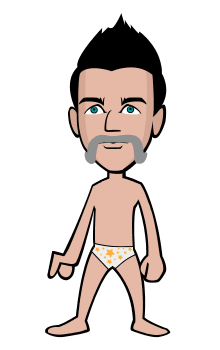Writing a Simple C++ Program
Every C++ program contains one or more functions, one of which must be named
main. The operating system runs a C++ program by calling main. Here is a simple
version of main that does nothing but return a value to the operating system:
int main()
{
return 0;
}
A function definition has four elements: a return type, a function name, a (possibly
empty) parameter listen closed in parentheses, and a function body. Although main is
special in some ways, we define main the same way we define any other function.
In this example, main has an empty list of parameters (shown by the () with
nothing inside) will discuss the other parameter types that we can
define for main.
The main function is required to have a return type of int, which is a type that
represents integers. The int type is a built-in type, which means that it is one of
the types the language defines.
The final part of a function definition, the function body, is a block of statements
starting with an open curly brace and ending with a close curly:
{
return 0;
}
Theonly statement in this block is a return, which is a statement that terminates a
function. As is the case here, a return can also send a value back to the function’s
caller. When a return statement includes a value, the value returned must have a
type that is compatible with the return type of the function. In this case, the return
type of main is int and the return value is 0, which is an int.



